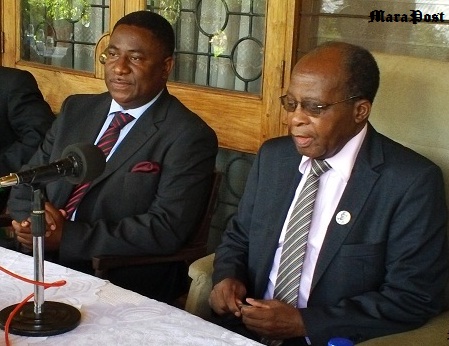By Steven Godfrey Mkweteza
In an effort to reduce cases of sexual reproductive health {SRH} in the country, college of medicine through its centre for reproductive health has embarked on a week-long awareness campaign among the adolescents.
Speaking during the launch of the campaign in Blantyre, the operations manager for the Centre for reproductive Health {CRH} Effie Chipeta said bemoaned the increasing cases of the vice among the youth, citing, and poor service delivery of SRH amongst the providers and ignorance as the major contributing factors to the increasing cases of the vice.
“The country has so many interventions to avert the vice amongst the youth. However, despite various interventions, many youth continue to be victims of SRH cases. We noted that this is due to poor service delivery amongst the providers as well as the ignorance of the services amongst the youth,” said Chipeta.
The researcher also urged service providers to take matters to SRH among the youth as a priority, saying the vice is eroding the social-economic growth of the country.
Chipeta noted that many youth, who command the large population of the country, do not attend the SRH services due to among others, the unfriendly attitude of the providers and poor infrasture settings.
Blantyre district environmental health officer Penjani Chunda conceded with Chipeta, adding that most health facilities in the district had no youth health friendly services whereby youth should fully utilize the services freely.
The week-long awareness campaign program which included debates, sciences café, students day, research seminar and exhibitions- is held under the theme” adolescent sexual reproductive health and rights-their future, our future.
Centre for Reproductive Health {CRH} is an arm of college of medicine which started in 2002. It is an interdisciplinary unit that supports maternal and reproductive Health research initiatives under the School of Public Health and family medicine and the department of obstetrics and Gynaecology. It aims at building leadership, training and research expertise in order to build the human capacity required to scale up the implementation of the national reproductive health program.




